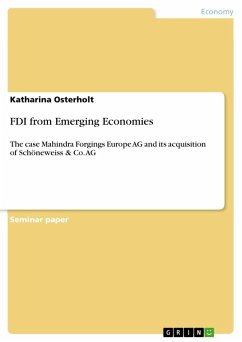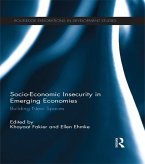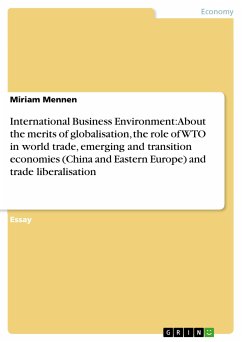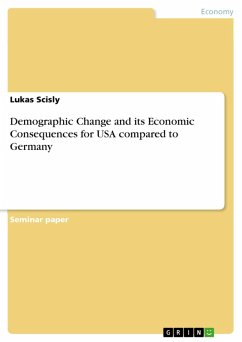Seminar paper from the year 2011 in the subject Business economics - Economic Policy, grade: A bzw. 1.0, BI Norwegian Business School, course: The Political Economy of Regulation, language: English, abstract: FDI from emerging economies has become more and more important in the recent years, it increased from $149 billion in 1990 to up to $1274 billion in 2005. As traditional FDI theories are more focussing on downhill- investments, namely investments from developed countries to developing ones, the uphill investment perspective becomes more interesting. This term paper looks into Indian FDI invested into the EU, to exemplify this the paper uses the case study of the Indian company Mahindra and Mahindra acquiring the German company Schöneweiss in 2007. It seeks to answer the question why an Indian company like Mahindra and Mahindra is investing into Europe, trying to find specific reasons for it by analysing empirical data. It is not only taken the perspective by Mahindra in this term paper but also the perspective by Schöneweiss, asking which were their reasons to agree to the acquisition.
Dieser Download kann aus rechtlichen Gründen nur mit Rechnungsadresse in A, B, BG, CY, CZ, D, DK, EW, E, FIN, F, GR, HR, H, IRL, I, LT, L, LR, M, NL, PL, P, R, S, SLO, SK ausgeliefert werden.









